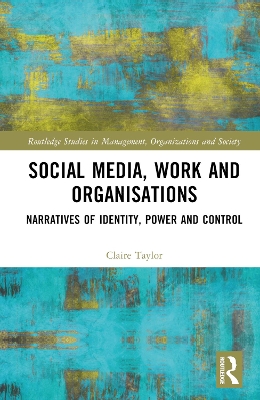Routledge Advances in Management and Business Studies
1 total work
Social media use is a confounding aspect of organisations, aiding interconnection, communication, and productivity. Its use has undoubtedly impacted on human resource management and the establishment of harmonious contemporary employment relationships. Its use challenges the traditional boundaries which existed between work and privacy and, in doing so, seemingly increases organisational power and management control. This book discusses the impact social media has on work; how it is used to stage the organisation, self-identity, power, and control using four conceptual themes: adoption, shaping, and staging of social media in organisations; digitised regimes of power, control, and surveillance; evolving identity, employee voice, and dramaturgical performance online; and employee forms of resistance, sousveillance, and social media misbehaviours. These themes are brought to life through the lived experiences and narratives of workers who hold roles in human resources, management, and frontline operations. This approach highlights a unique multi-perspective on social media use by giving voice to these workers. The book uses these individual narratives to reposition the ways employees utilise social media for sousveillance, dissent, and resistance purposes. In doing so, the book encourages wider debate, critical reflection, and self-reflexivity on rarely discussed management approaches or (mis)behaviours associated with social media use and their profound implications for power dynamics in organisations.
